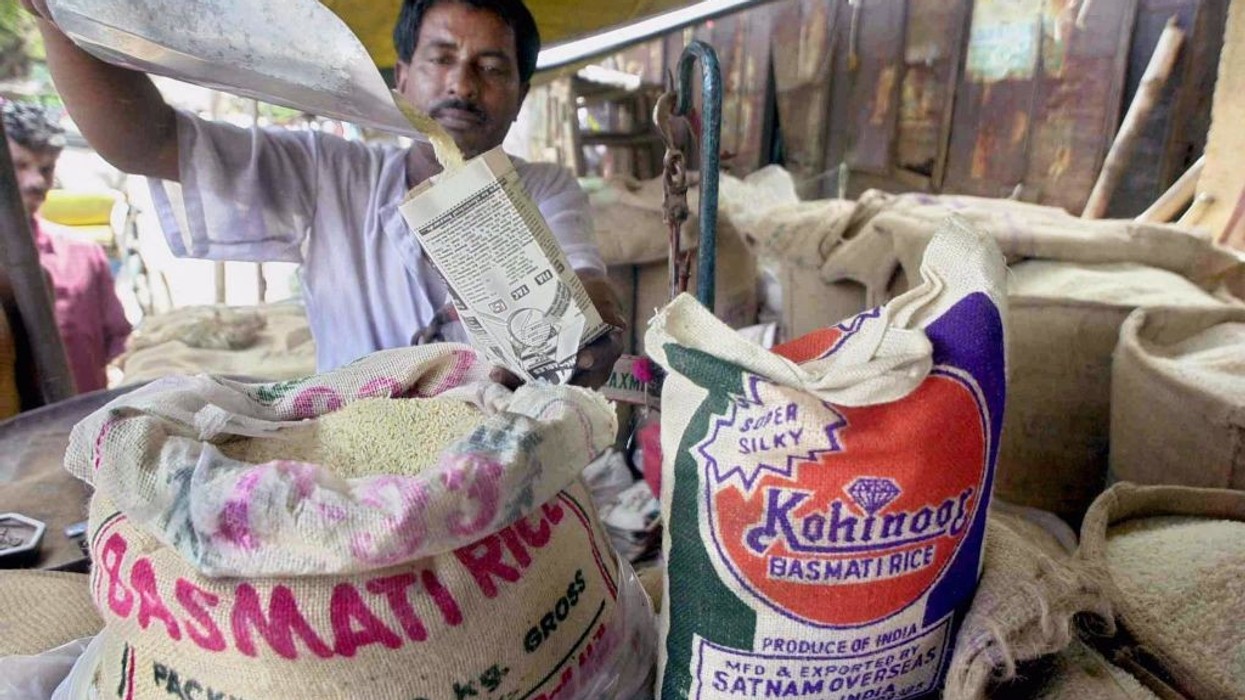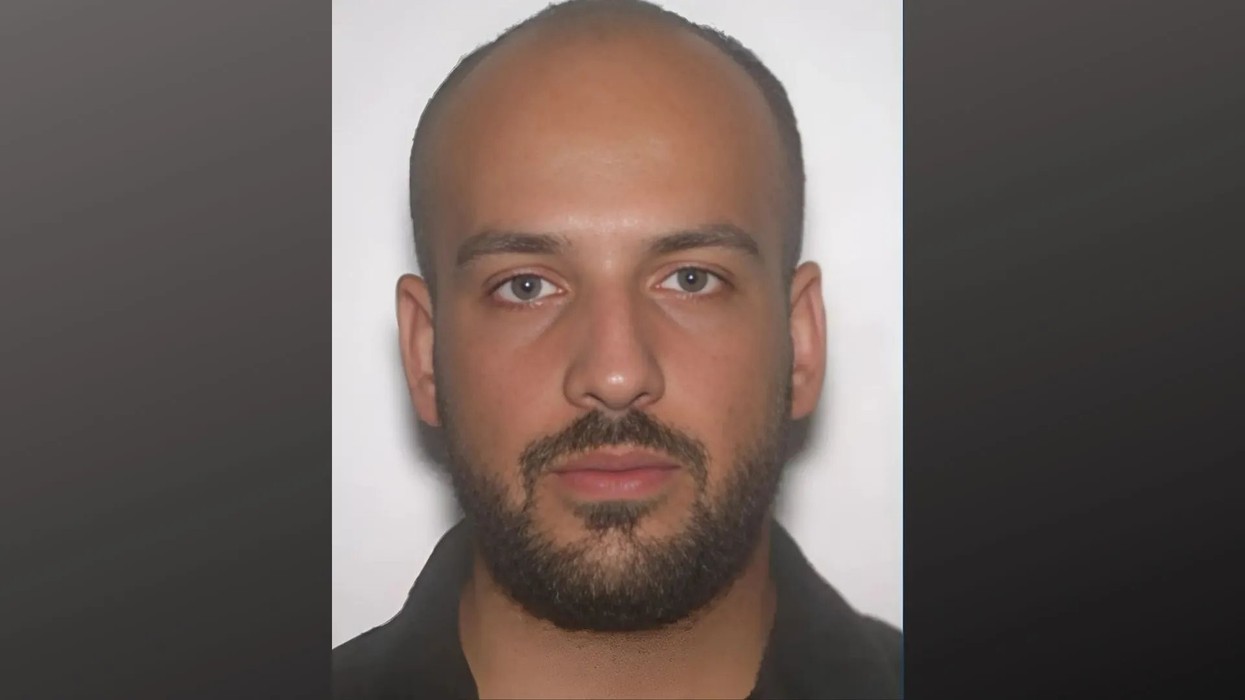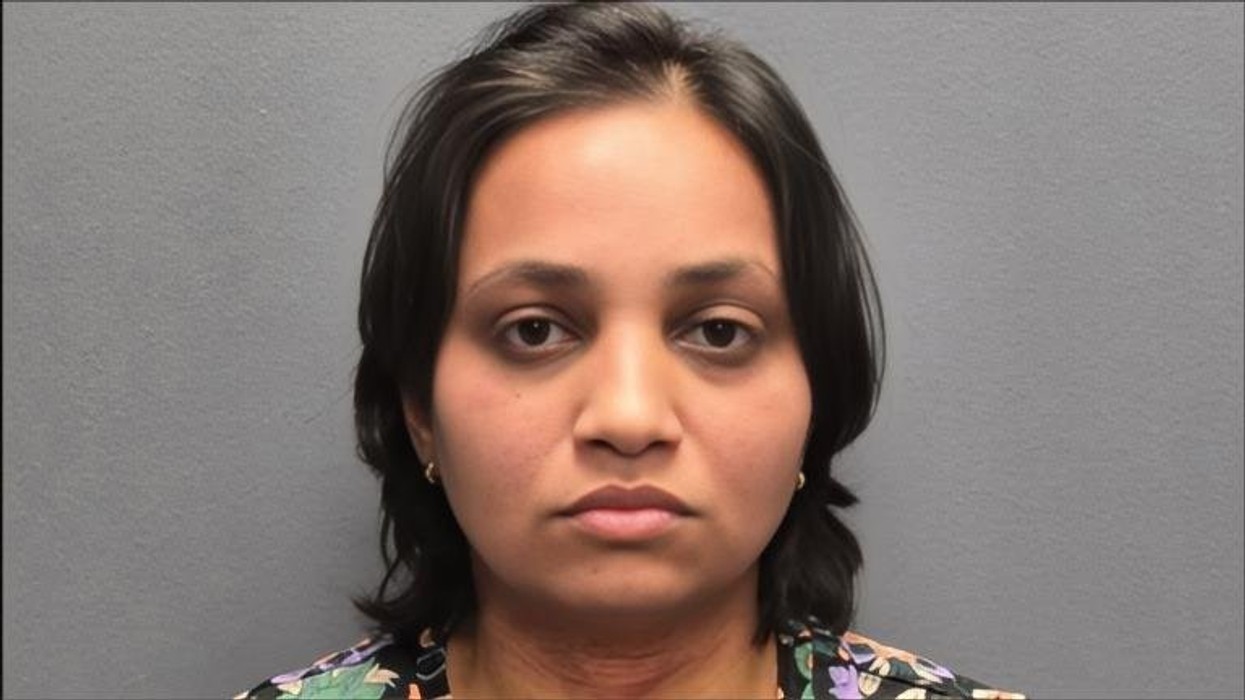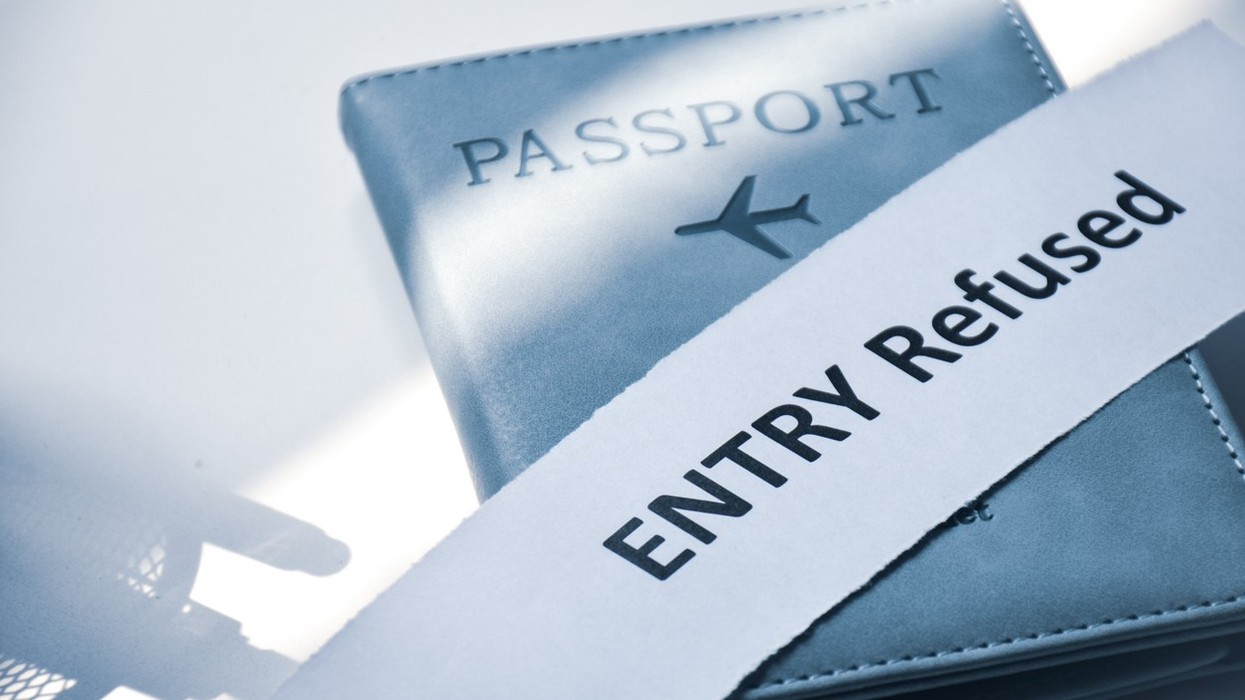Eshan Chattopadhyay, associate professor at Cornell University, and David Zuckerman, professor of computer science at The University of Texas at Austin, have been awarded the prestigious 2025 Gödel Prize.
The honor recognizes their groundbreaking research paper, “Explicit Two-Source Extractors and Resilient Functions,” which provides a landmark solution to a central open problem in randomness extraction.
Solving a 30-Year-Old Problem
Originally published in 2019, their work introduced a novel method for constructing explicit two-source extractors—mathematical tools that generate high-quality randomness from two weakly random sources.
This breakthrough resolved a question that had challenged researchers for nearly three decades and has far-reaching implications for pseudorandomness, cryptography, and computational complexity.
Chattopadhyay, reflecting on the honor, said, “This recognition is truly an incredible honor. The Gödel Prize has celebrated some of the most beautiful and foundational work in our field. It feels surreal—and deeply gratifying—that our paper is being placed in that category.”
Profiles in Excellence
Eshan Chattopadhyay grew up in India and completed his undergraduate studies at IIT Kanpur before earning his PhD at the University of Texas at Austin under the mentorship of David Zuckerman. He joined Cornell University in 2018 and became an associate professor in 2024.
His research focuses on theoretical computer science, especially pseudorandomness, circuit complexity, and communication complexity. He has received several honors, including the National Science Foundation CAREER Award in 2021 and the 2024 National Academy of Sciences Held Prize.
David Zuckerman earned his PhD from the University of California, Berkeley, and is widely recognized for his foundational contributions to pseudorandomness and computational complexity. His impact in the field was previously acknowledged with the 30-Year Test of Time Award at FOCS 2021.
Zuckerman commented on the significance of their work: “Previously, most research on randomness extraction focused on seeded extractors. Now, our work—and the works that followed—have demonstrated major advances in two-source extractors and Ramsey graphs. I hope this attracts young talent to the field.”
Gödel Prize: A Prestigious Recognition
Named after the renowned logician Kurt Gödel, the Gödel Prize is jointly awarded by ACM SIGACT and the European Association for Theoretical Computer Science. It is one of the highest honors in the field and will be formally presented at the ACM Symposium on Theory of Computing (STOC) in Prague this June.
Chattopadhyay and Zuckerman’s achievement not only marks a milestone in their own careers but also sets a new standard for innovation in theoretical computer science, inspiring a new generation of researchers to tackle foundational problems in the discipline
















